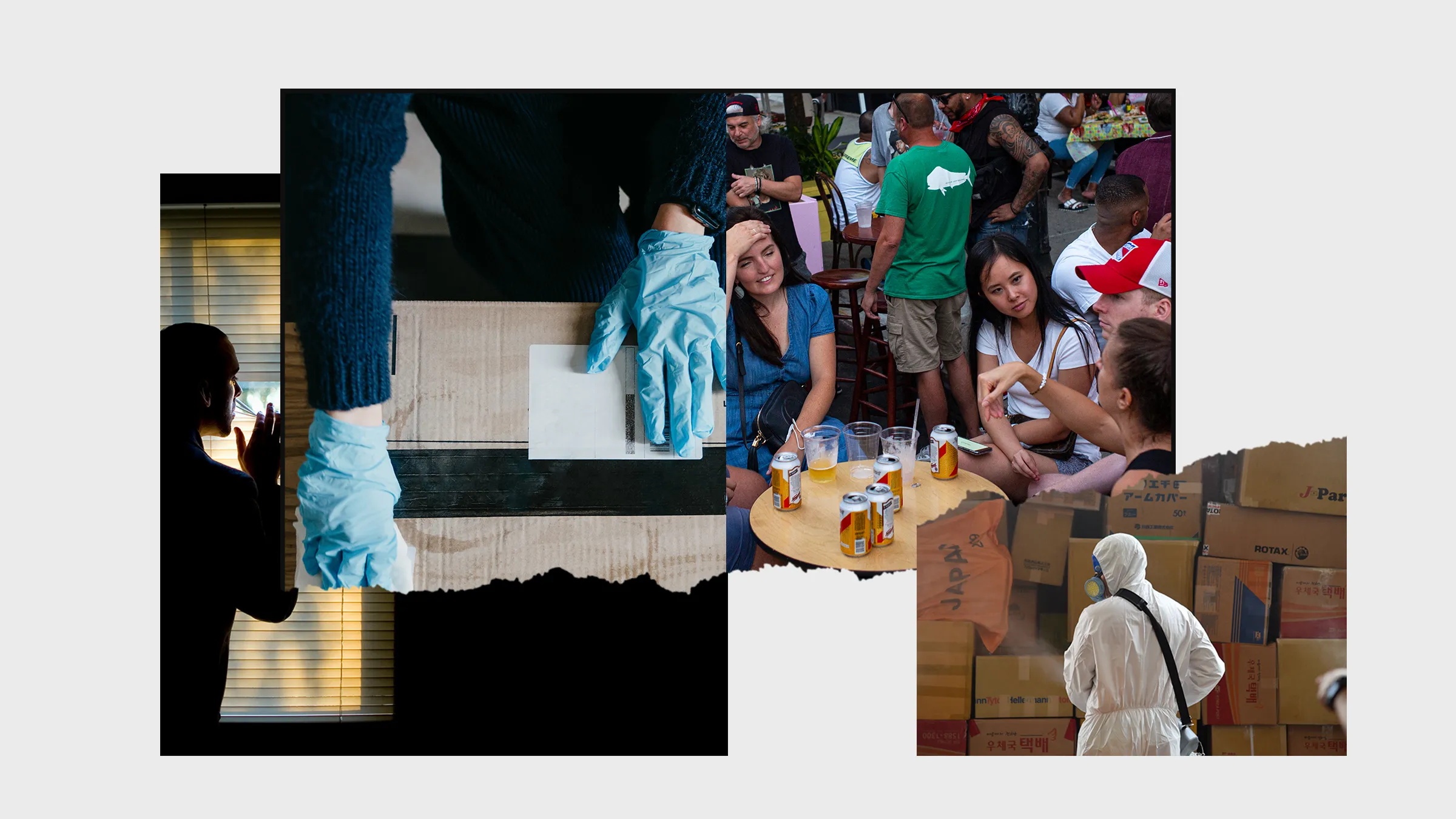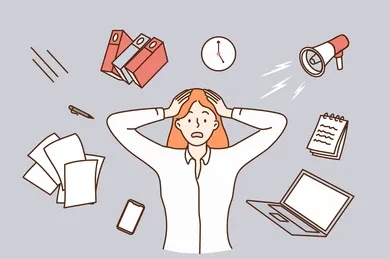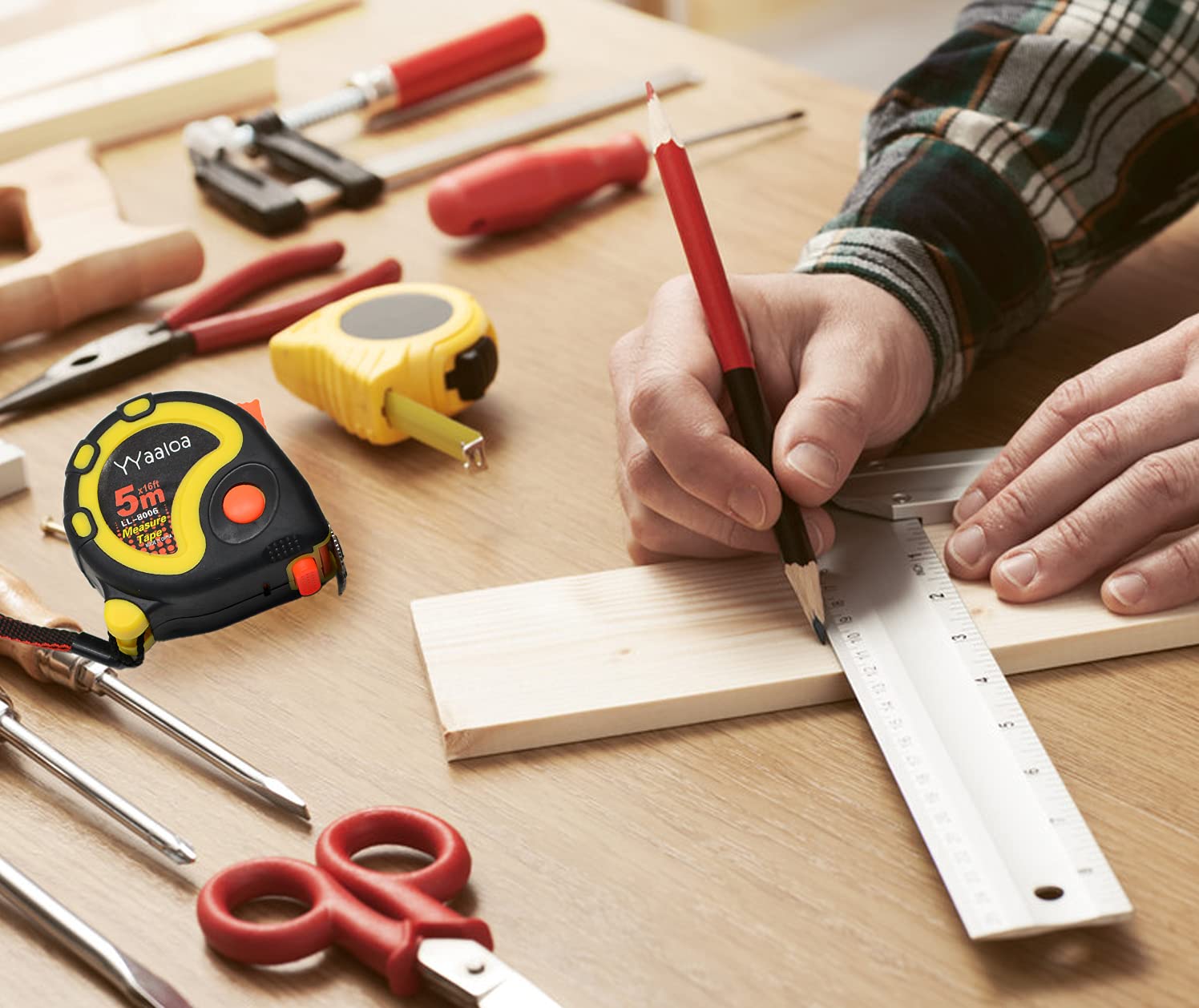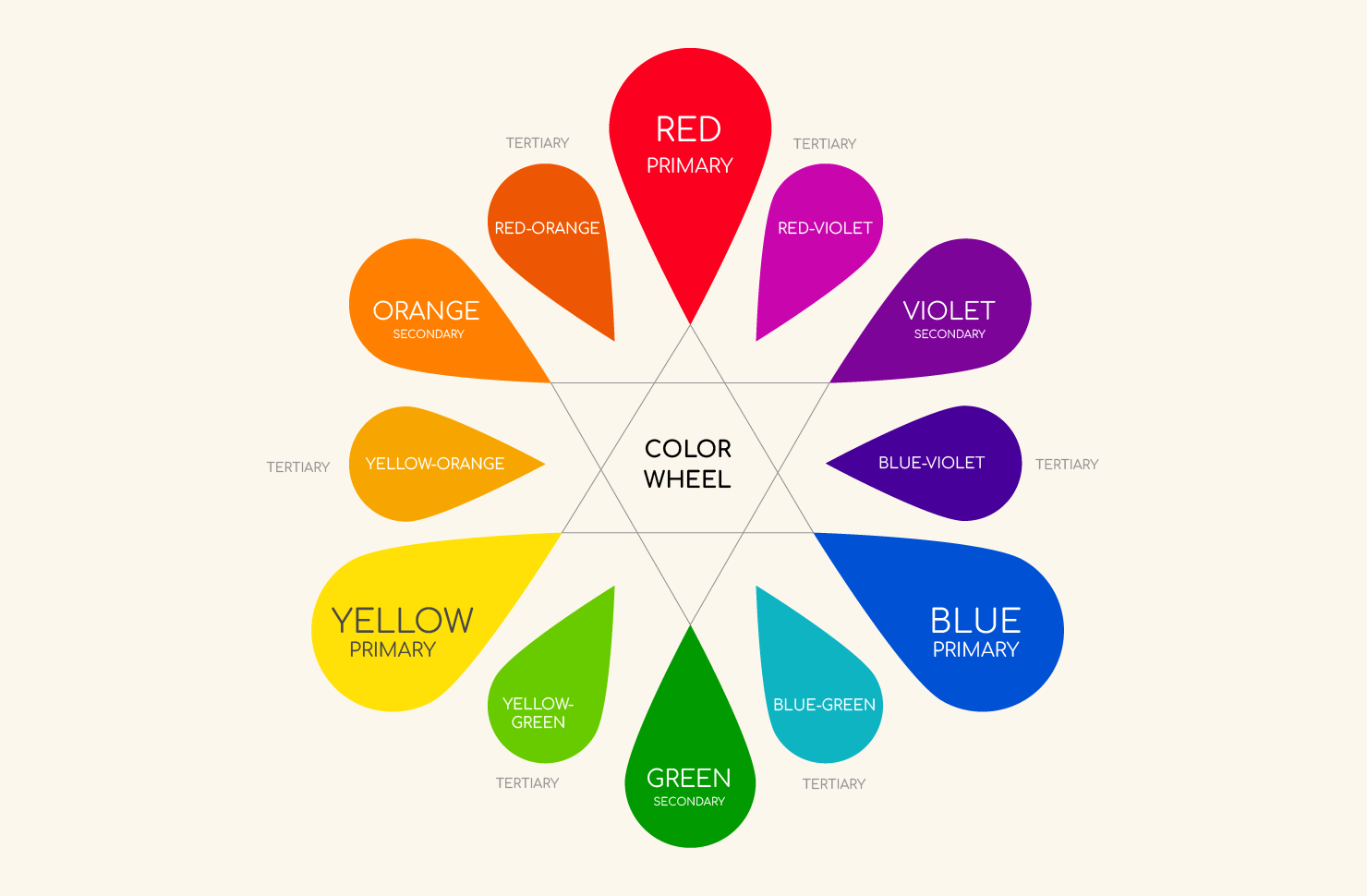The Impact of Social Media on Mental Health: What You Need to Know
💡 Introduction
Social media is everywhere — but how does it make us feel?
We scroll, compare, like, comment… but what’s the real cost to our mental well-being?
Let’s unpack the science and psychology of social platforms, and what you can do to protect your peace.

😟 1. Comparison Culture = Confidence Killer
“Comparison is the thief of joy” — and Instagram is its playground.
Endless highlight reels can make you feel:
-
Inadequate
-
Behind
-
Not good enough
Did you know? People who spend more than 2 hours/day on social media are more likely to experience symptoms of depression and anxiety.

💤 2. Disrupted Sleep Patterns
That innocent bedtime scroll? It can wreak havoc on your sleep.
-
Blue light = suppresses melatonin
-
Engaging content = overstimulates your brain
-
Doomscrolling = raises stress levels before bed
📵 Tip: Put your phone to bed at least 1 hour before you do.
![]()
💔 3. FOMO and Loneliness
Ironically, social media can make us feel more disconnected, not less.
-
Seeing events you weren’t invited to
-
Feeling excluded from trends or convos
-
Mistaking online interaction for true connection
“Likes” ≠ love. “Comments” ≠ connection.

🧠 4. Mental Overload & Burnout
Constant input = mental clutter.
Notifications, updates, videos, messages — your brain never gets a break.
Symptoms of social media burnout:
-
Irritability
-
Brain fog
-
Creative block
-
Emotional numbness
You’re not weak. You’re overstimulated.

✅ What You Can Do
🎯 Don’t panic — you don’t have to quit cold turkey. Try these steps:
-
⏳ Set time limits on apps (20–30 mins/day)
-
📵 Tech-free zones (bedroom, dinner table)
-
🙅 Unfollow accounts that make you feel less than
-
📓 Journal how you feel after scrolling
-
🌳 Replace scroll time with mindful or creative habits

Retirement, fitness and walking with dog and couple in neighborhood park for relax, health and sports workout. Love, wellness and pet with old man and senior woman in outdoor morning walk together
❤️ Final Thought
Social media isn’t evil — but it’s designed to keep you hooked, not healed.
Be intentional, not reactive.
Use the tool — don’t let it use you.
Want to take back control? Start with one small boundary today and build from there.
editor's pick
news via inbox
Nulla turp dis cursus. Integer liberos euismod pretium faucibua









